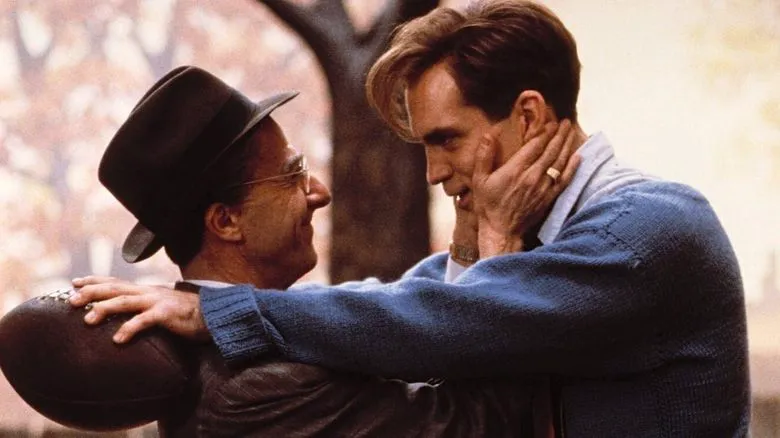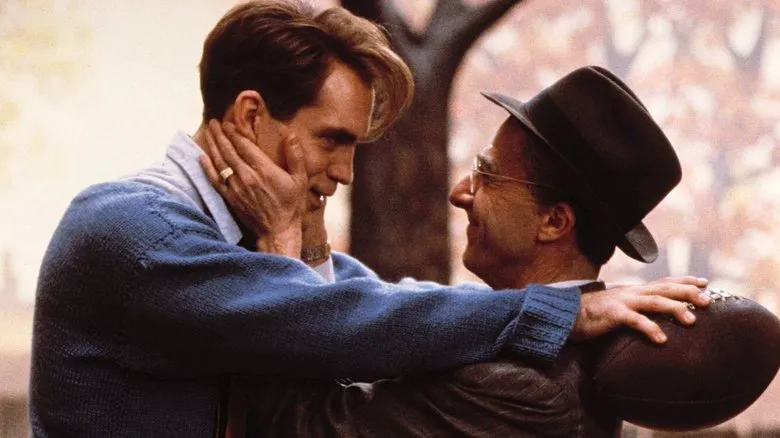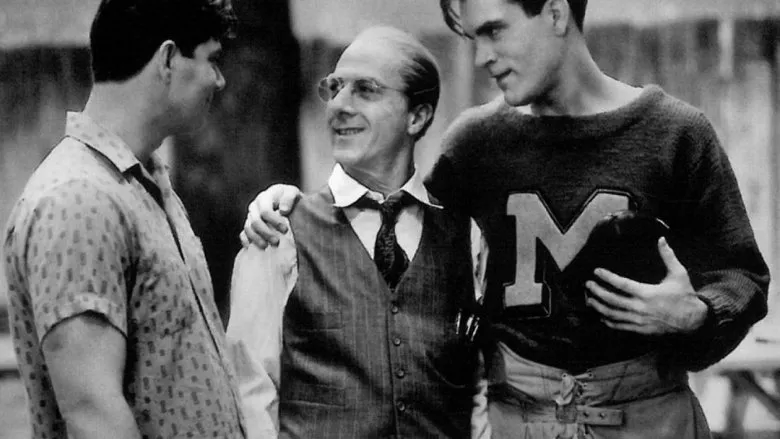I found myself utterly consumed by this play, devouring it in a single, unyielding sitting. Its raw authenticity struck me with the force of a live performance, each word on the page resonating with such vivid detail that I could almost hear the footsteps and feel the tension in the air. There wasn’t a single dull moment, a testament to the masterful storytelling that kept me captivated from beginning to end.

Published in the United States in 1949, this play remarkably coincides with the founding of the People’s Republic of China. Despite the vast geographical and developmental disparities, the lives depicted for Americans in that specific year uncannily mirror our own contemporary struggles. The familiar specter of decades-long mortgages, the incessant burden of installment bills, and the seemingly endless costs of various insurances – it all feels hauntingly familiar. This universal plight evokes a profound sense of suffocation, pain, and overwhelming pressure that transcends time and borders.
The Crushing Weight of the American Dream
Willy Loman, the play’s central figure, embarks on his journey seemingly as the embodiment of an aspiring American middle-class citizen. He starts as a reliable and generally competent traveling salesman, securing a modest home with a mortgage stretched over decades, all while raising two sons. To his devoted wife, he is the dependable anchor of their household, a steadfast husband. To his young boys, he initially appears as a heroic, larger-than-life figure, a fount of wisdom and strength. Their life, framed by the white picket fence and the promise of prosperity, appears idyllic on the surface. Yet, beneath this seemingly perfect facade, the insidious tendrils of tragedy have already begun to take root, destined to unravel their carefully constructed world.
The Perils of Unconditional and Blind Adulation
Willy’s sons, Biff and Happy, are raised under a blanket of almost pathological indulgence, particularly Biff, whom Willy believes is destined for unparalleled greatness. This unwavering, often baseless, belief blinds Willy to Biff’s glaring faults. Even when Biff is caught stealing, his father dismisses it as a trivial misstep, a mere youthful indiscretion. When Biff cheats on his exams, Willy’s conviction in his son’s future success remains unshaken, fueling a dangerous illusion. This excessive praise, coupled with a crippling leniency, ultimately proves to be Biff’s undoing. His failure in mathematics, a direct consequence of his lack of discipline, thwarts his dreams of attending college. Moreover, the ingrained habit of stealing, left unchecked, makes it virtually impossible for him to hold down a stable job, leaving him adrift and perpetually unfulfilled. The final, devastating blow to their relationship comes when Biff discovers his father’s infidelity, shattering his idealized image of Willy and transforming their once profound affection into a bitter, adversarial dynamic fueled by disillusionment and resentment.

Pride, Stubbornness, and the Inevitable Downfall
As Willy ages, the harsh realities of a fast-changing world catch up to him. His once vibrant skills as a salesman dwindle, replaced by outdated methods and a failing memory. He loses his touch, becoming increasingly ineffective, culminating in his heartbreaking dismissal by the very son of his former boss. Despite this crushing blow, when his old friend Charley, a consistently supportive and successful figure, offers him a stable job, Willy’s unyielding pride forbids him from accepting. How often do we witness this unfortunate phenomenon in our own lives? People would sooner burden themselves with favors from strangers than accept a helping hand from a close friend. Why? Because, for many, being indebted to a friend, or worse, working under their guidance, can feel like an admission of inferiority, a painful acknowledgment of one’s own shortcomings. For the intensely proud Willy, this reality is simply unbearable. Rather than confronting his diminishing status and accepting humility, he chooses a path of ultimate, tragic self-sacrifice – a final, desperate act of defiance against a world he can no longer conquer.

The Lingering Echoes of a Bitter Truth
In the play’s devastating conclusion, the house that Willy and his devoted wife spent a lifetime laboring to pay off becomes nothing more than a cold, empty shell – a monument to their futile efforts and shattered dreams. They are finally “free,” but the profound irony of their liberation, achieved at such an unimaginable cost, leaves a lasting sting. For those of us currently burdened by the weight of mortgages, tirelessly working towards that distant finish line, the play poses a stark, unsettling question: fifty, thirty, or even twenty years down the line, when we finally make that last mortgage payment, will our youthful dreams still be alive? Or will they have withered and died, suffocated by the very pursuit of a material legacy? This play is not merely a story from the past; it is a timeless mirror reflecting our own relentless pursuit of happiness and the potential for despair when foundational dreams turn to dust.